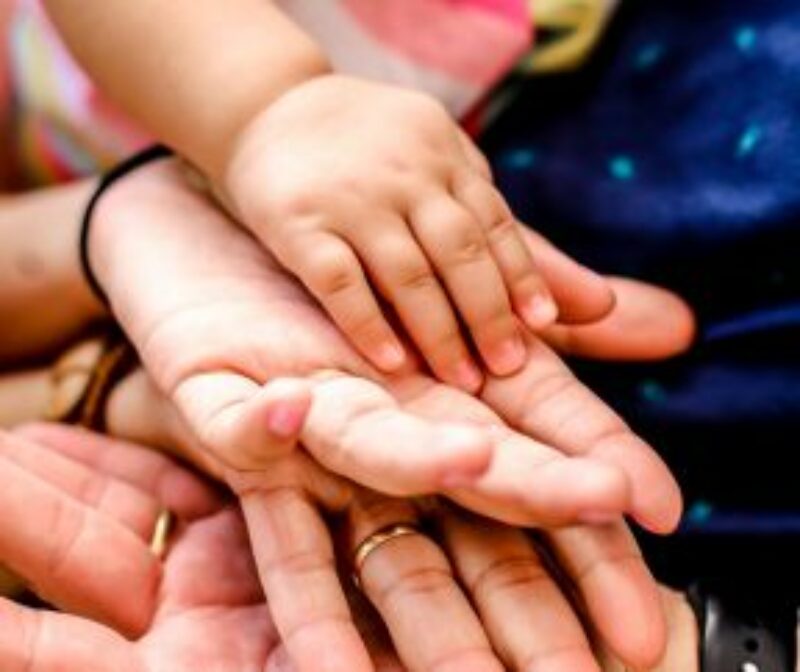A Christian Perspective
Why is emotional safety so important for adolescents?
Adolescence is a vulnerable season of life, but it is also a sacred time of becoming. It is a time of discovery, but not yet having fully discovered. This is why in the hierarchy of human needs, safety is a basic, fundamental need. Adolescents today are more immersed in social media than previous generations. This means they have countless examples of church hurt at their fingertips. It means they are being flooded with the good, the bad and the ugly at all times of day.
Adolescents are full of questions and it’s safe to presume that adolescents will likely come to you as a parent to ask about the experiences they are having in church. Or they may begin to express an interest in spirituality if that’s something their friends embrace and model to them. If your teenager is asking questions about the good, the bad and the ugly in church, it can be confusing to know how to guide them. While there is no perfect church community or any church community immune from causing harm, there are some fundamental things to look for, such as:
- Prioritizing emotional health
- Awareness around mental health/stigmas
- Addressing issues of social justice
- Awareness of what helps/what hurts (fear-based narratives, black and white thinking)
- Avoidance of a culture of toxic positivity
- Establishing trust and safety through small communities
- Accountability without shame
- Mentors that are modeling what faith looks like in practice
Adolescents Need the Security of a Loving Community
Young people need community because it can help them tangibly understand the love of God. The Imago Dei is the concept that as human beings we are integrated into the much larger web of humanity by the common characteristic that we are all made in the image of God. Theologian Ray Anderson highlights how the nature of the Imago Dei is one of relationality that we can live into to understand God’s purposes for all of humanity (RS, 32). To be human is to be in reciprocating relationships with others, such as we see through the relationship of God the Father, Son and Spirit (RS, 41). There is unity in the diversity of the Trinity. As image bearers of God, we too need to be in relationship with others. Relationships with others can form a transcendent narrative identity, which we know to be integral to the spiritual formation of young people. And a community in which young people can thrive should allow them to grow as unique individuals, but as part of a unified body. A church community should be both unified and diverse, leaving space for those who learn and develop in non neurotypical ways as well.
Young people need to grow their beliefs and values within a community. An interesting thing to note is that nearly 25% of the current religiously unaffiliated were raised in unaffiliated households. This shows us that young people who are integrated into community at a young age are more likely to find something that sticks. Erikson (1959) believed that if a young person uncovered his or her sense of identity, they would naturally be committed to a prosocial ideology that would lead them to see themselves as human beings with agency to contribute to the world in a positive way, perpetuating the betterment of communities. (Lerner et al., 2003) The role of community is not just prosocial behavior, though that is hopefully a byproduct. Being in a community that creates a meaningful social network while maintaining a high value of the individual can create a lasting sense of purpose and hope. Participating in community doesn’t just enable youth to thrive, it enables them to thrive as individuals for the long haul.
Continue Exploring

Youth
Kids and Community (Part 1): How to Find the Right One for Your Kids to Thrive
How do you find a community to support your family? What kinds of support help families grow spiritually healthy and thrive.

Youth
Kids and Community (Part 3): How Can We Keep Kids in Church?
How do we keep young people engaged in church? This is part 3 of a 3-part series.

Emotions
Kids and Anxious Minds (Part 1): How Parents Can Support Children Struggling with Anxiety
Student researchers recommend 3 evidence-based interventions that parents can use to help regulate kids' stress and emotions at home.
